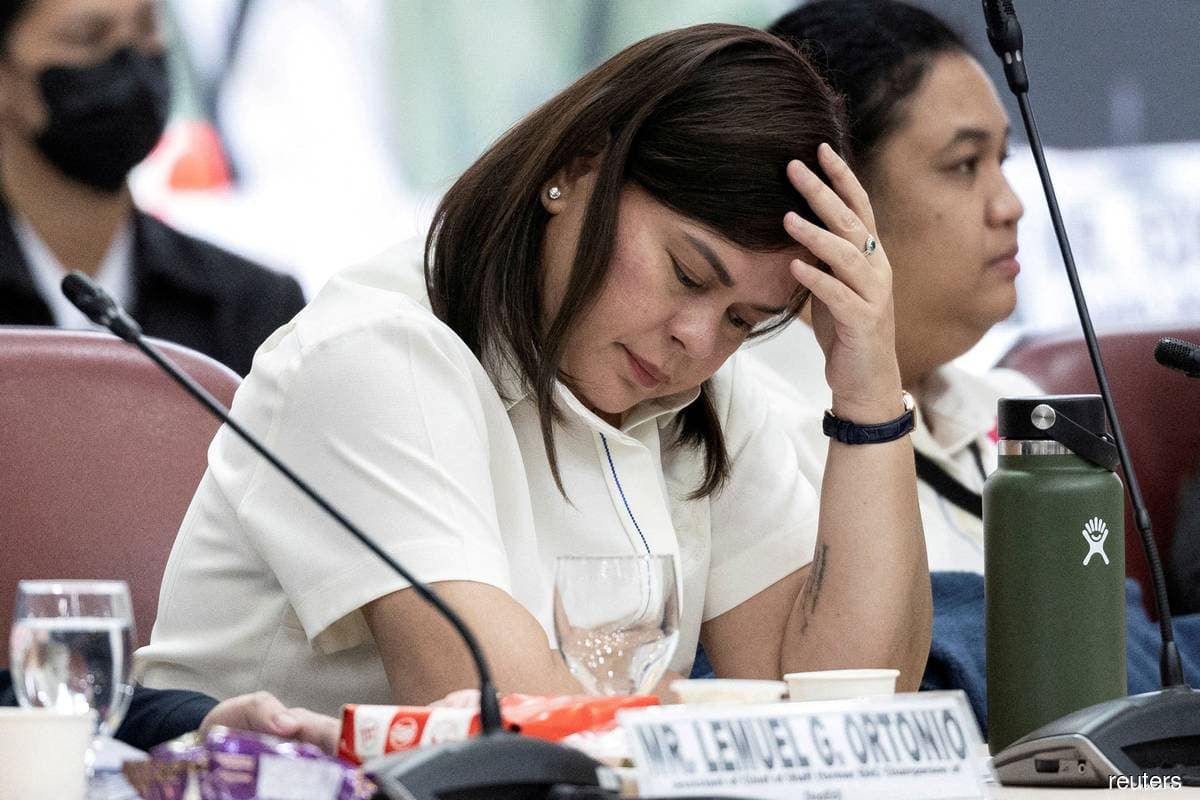Philippine Vice President Sara Duterte is now confronted with a second impeachment complaint, adding to the ongoing political chaos in the country. This complaint, brought forth by opposition lawmakers, accuses her of betraying public trust and misconduct, stemming from allegations that she has engaged in actions that undermine the constitution and disrupt democratic processes. Duterte’s political credibility has already been questioned after her previously stable alliance with President Ferdinand Marcos Jr. fell apart, leading to growing instability within the administration.
The collapse of the Duterte-Marcos alliance signifies a significant change in the political landscape of the Philippines. Once viewed as a crucial ally of Marcos, Duterte is now accused of jeopardizing the current government’s stability by leveraging her position to manipulate political power for her own benefit. Critics contend that the Vice President’s actions have exacerbated divisions within the ruling party, especially as she attempts to broaden her influence.
This latest impeachment complaint follows another one filed earlier this year, and with rising public dissatisfaction regarding the administration’s management of various issues, including the economy and national security, Duterte’s position has become increasingly vulnerable. Many perceive the complaint as part of a broader strategy by the opposition to diminish her political power, potentially paving the way for shifts in government leadership.
As the impeachment proceedings progress, political analysts anticipate that Duterte will undergo intense scrutiny from both her supporters and opponents. With her political future hanging in the balance, the outcome of this complaint could have significant implications for the Philippines’ leadership and its trajectory in the years ahead. The political drama is poised to escalate as developments unfold.





